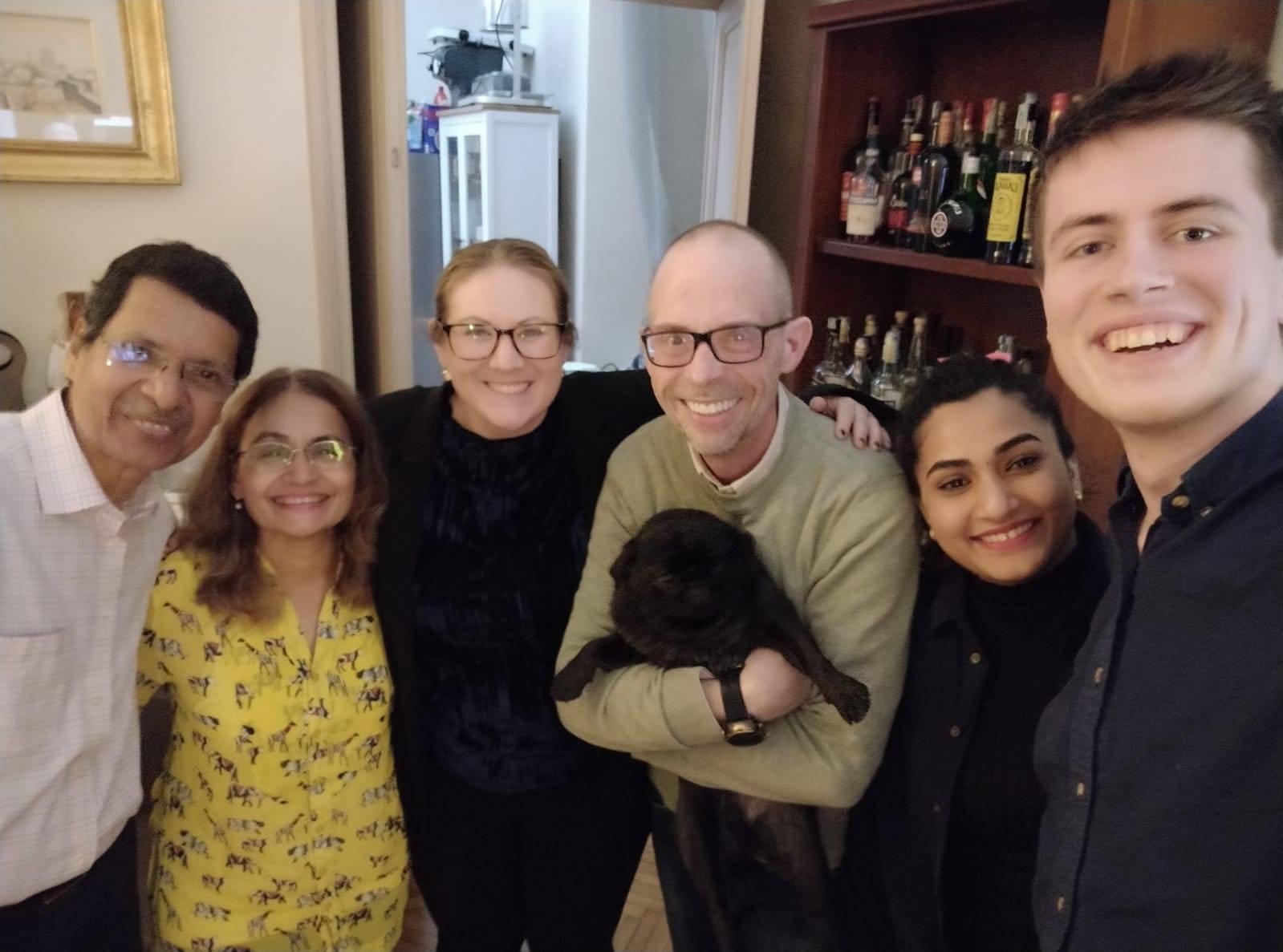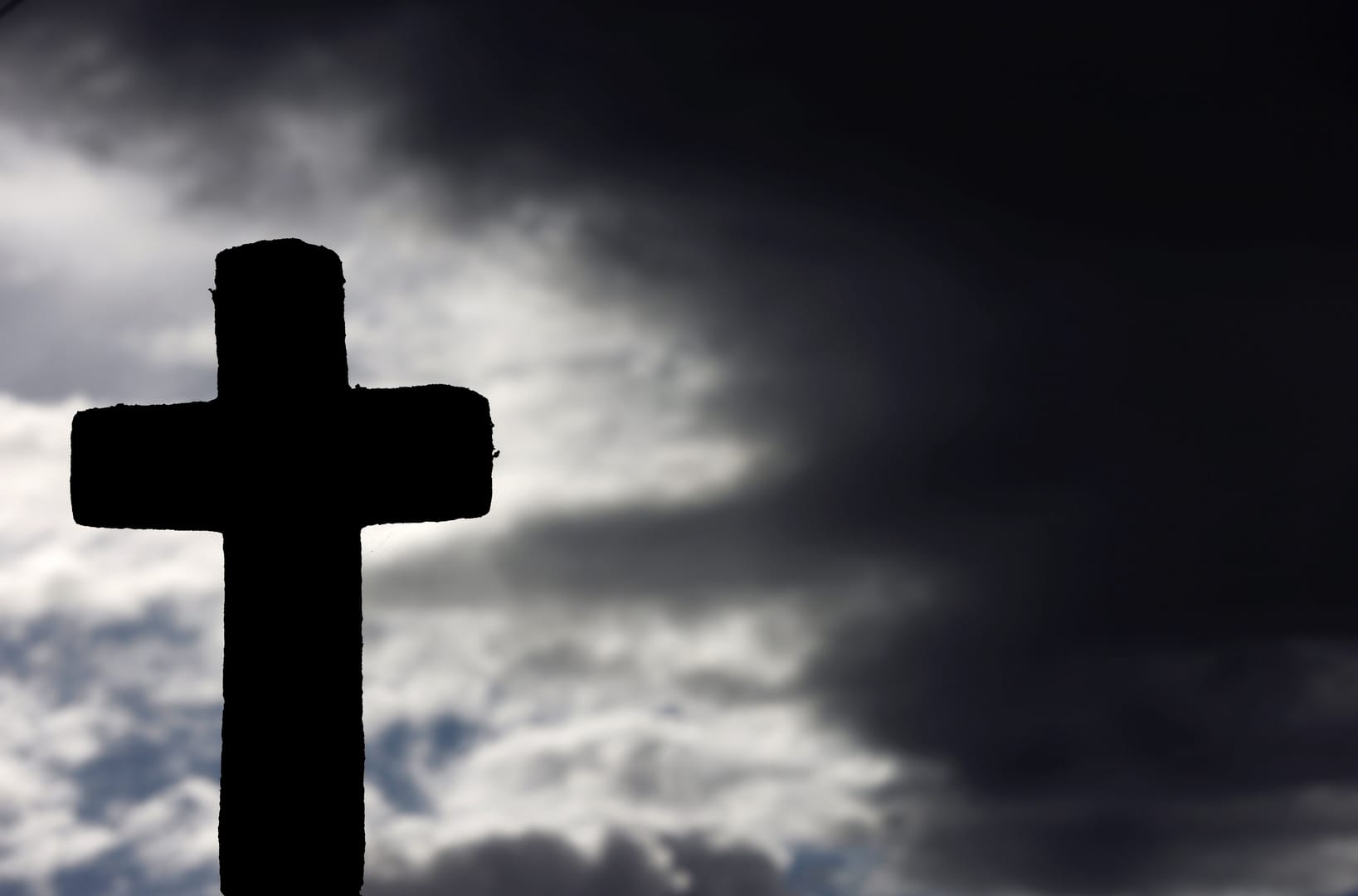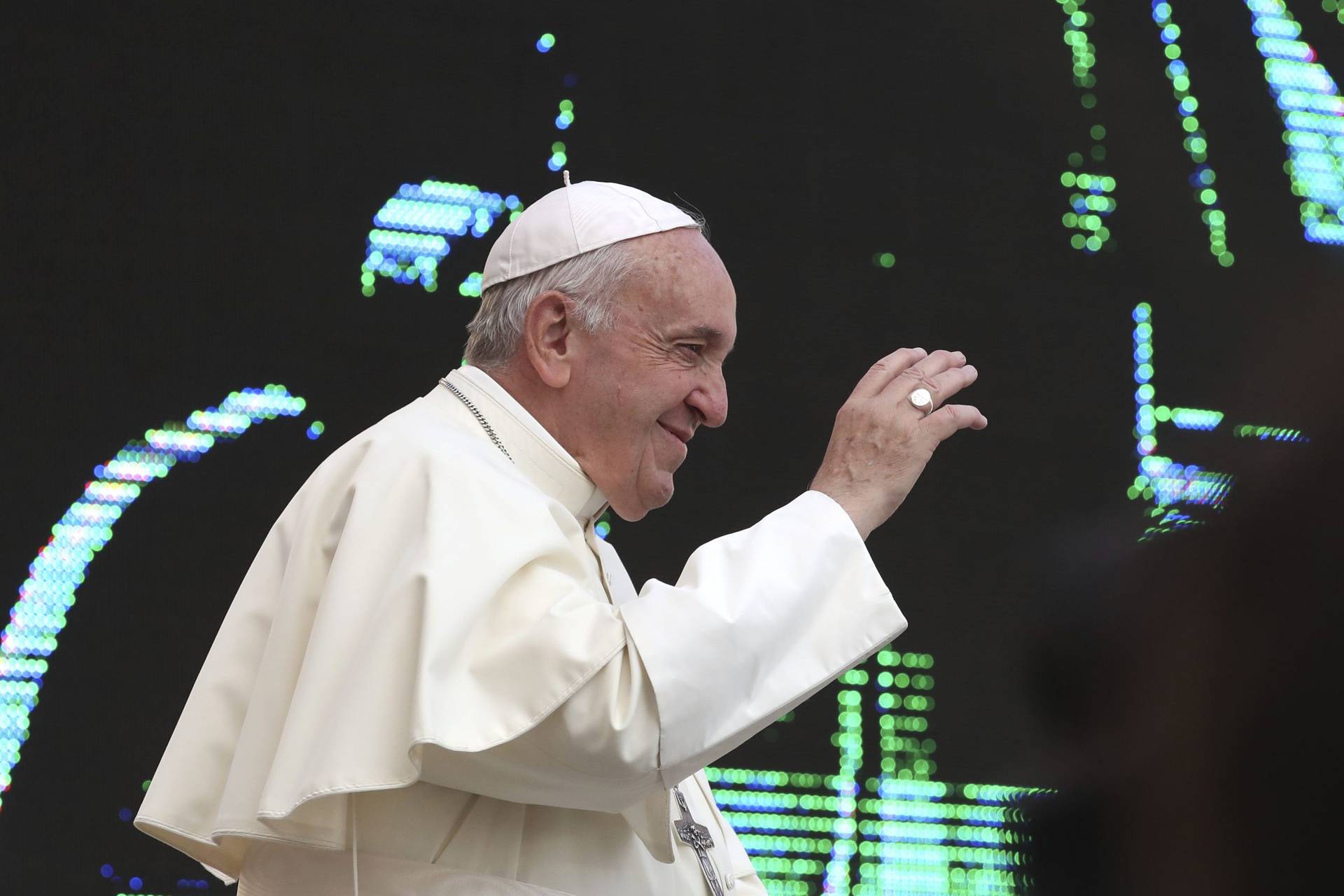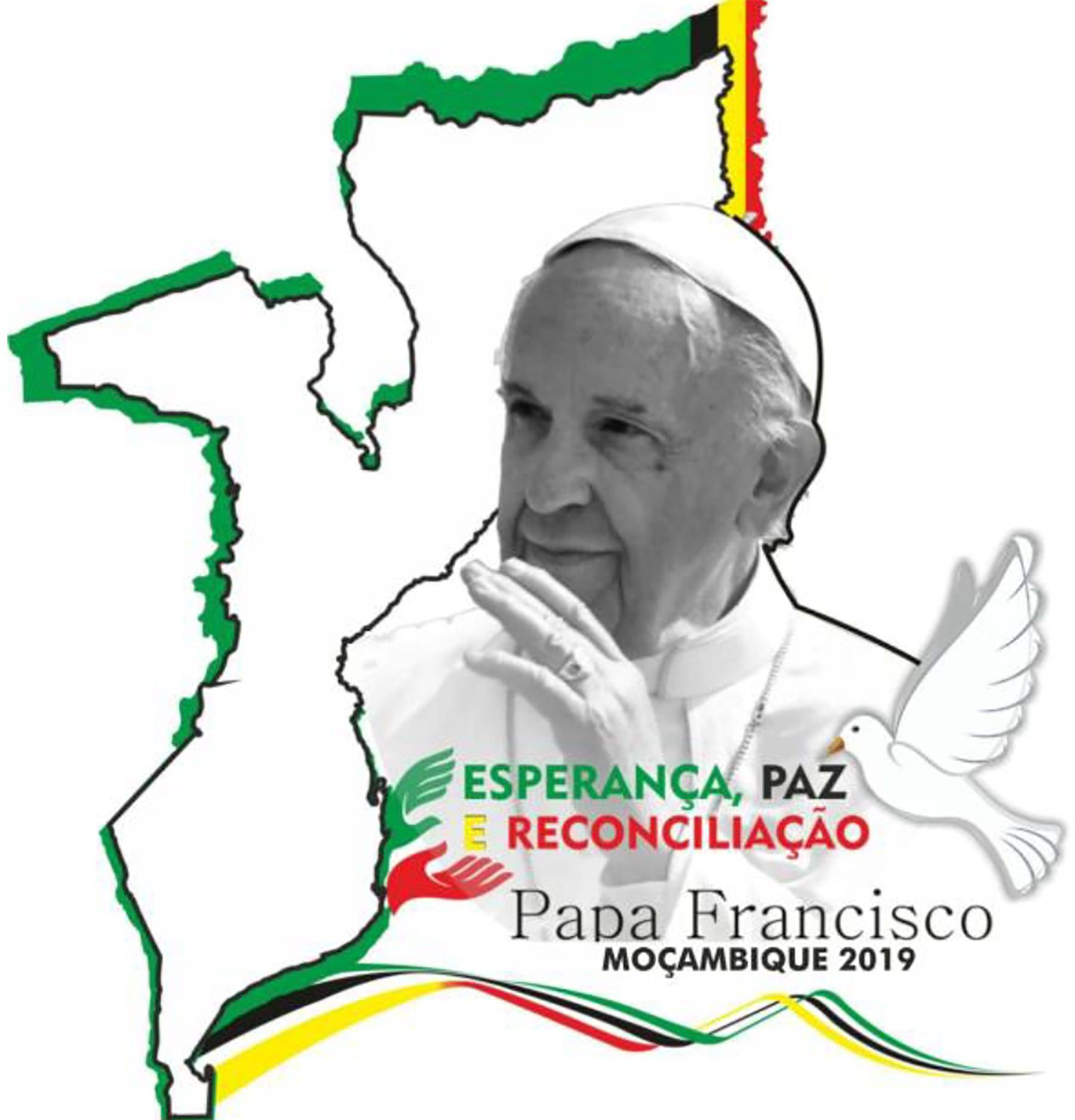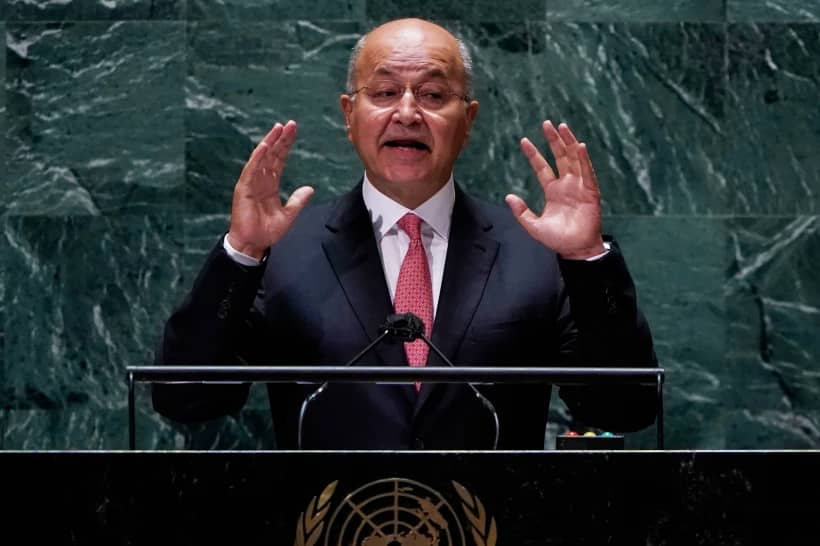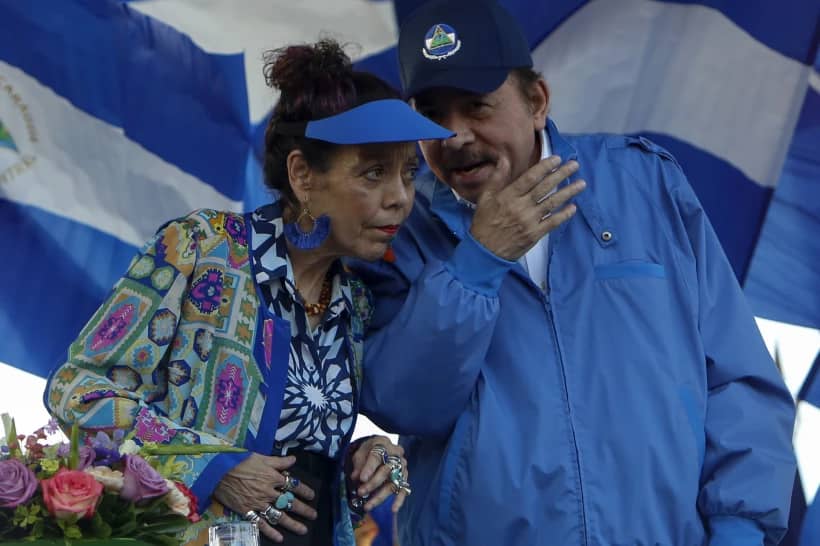HOLGUIN/SANTIAGO, CUBA – Halfway through his three-day trip to Cuba, which comes just ahead of a Sept. 22-27 visit to the United States, Pope Francis appeared to switch gears. He moved away from social and political commentary directed largely at Cuba, towards pastoral messages with a basically universal application.
The shift was dictated largely by the pontiff’s schedule.
Sunday night he met a group of priests, religious, and seminarians, which beckoned his thoughts on the nature of religious life, as well as a group of youth, which elicited the pope’s reflections on young people everywhere.
On Monday, Francis flew to Cuba’s fourth-largest city, Holguín, where he celebrated a Mass for the liturgical feast of St. Matthew, a figure with deep personal significance for the pontiff as his motto, “choosing through mercy,” is based on the Gospel scene of Matthew’s call to follow Jesus.
Here, however, is the fascinating thing: Although Francis seemed to be operating on an almost entirely pastoral level, many Cubans couldn’t help but hear a political message anyway.
In effect, the reaction proves that context is always king.
Cuba is a place with a difficult history, where public rhetoric rarely makes reference to concepts such as reconciliation, mercy, or turning enemies into friends. Even fairly boilerplate Christian spirituality in such a setting can come off, for many people, as an act of defiance.
Granted, Francis is a politically savvy figure who perhaps understood that his words might be open to that interpretation. The fact that he didn’t supply it himself, but rather allowed Cubans to draw their own conclusions, simply validates the thesis that pastoral points in certain situations inevitably have political edge.
Sunday night, Francis launched into extemporaneous reflections on his trademark themes of poverty, mercy, friendship, and hope.
Speaking to a large crowd of Cuban youth, the pontiff talked about the importance of building friendships across party lines and the need to focus on what people have in common rather than what divides them.
Cuba is a land defined by political divisions – between the government and the United States, between Cubans who’ve remained and those who’ve fled into exile, and between the island’s pro- and anti-Castro voices.
In that setting, such a basic call for what Francis called “social friendship” can seem counter-cultural.
When Francis urged priests to “let mercy flow between your fingers” on Sunday night, that, too, seemed profound to Cubans accustomed to feeding off resentments, including for the consequences of the US-imposed embargo that’s described on billboards around Havana as a form of “genocide.”
In his Holguín Mass on Monday, Francis invited Cubans to overcome their reluctance to believe that others, or even themselves, can actually change.
“Do you believe?” he asked them, adding, “Do you believe it’s possible a traitor can become a friend?”
When the pontiff invoked “change,” he seemed to have in mind primarily personal moral conversion. When he referred to a traitor, he was talking about the New Testament figure of Matthew, who was a tax collector for the Romans and thus considered a traitor to his own Jewish people.
In other words, this was not party rhetoric but basic homiletics.
Yet in the Cuban context, in which “change” is the watchword of everyone hoping for the island’s isolation and stagnation to end, and where generations have been raised to watch out for counter-revolutionary traitors, those terms still can’t help but have a political ring.
All this makes a very simple point.
It’s often said that religious leaders should “stay out of politics,” and there’s truth to that observation. In general, religious leaders are not experts in public policy, and can easily exceed their competence in trying to provide specific political solutions.
Moreover, pastors can also divide their own flocks if they veer too close to one side of contemporary political arguments or the other, undercutting their capacity to bring people together.
That said, there are also times when simply being pastoral is unavoidably a political exercise, because even the unadorned Christian message is often a challenge to status quos of every sort.
That’s been the case for Pope Francis in Cuba. Now, the question becomes whether it will also be true for him once he reaches the United States.





